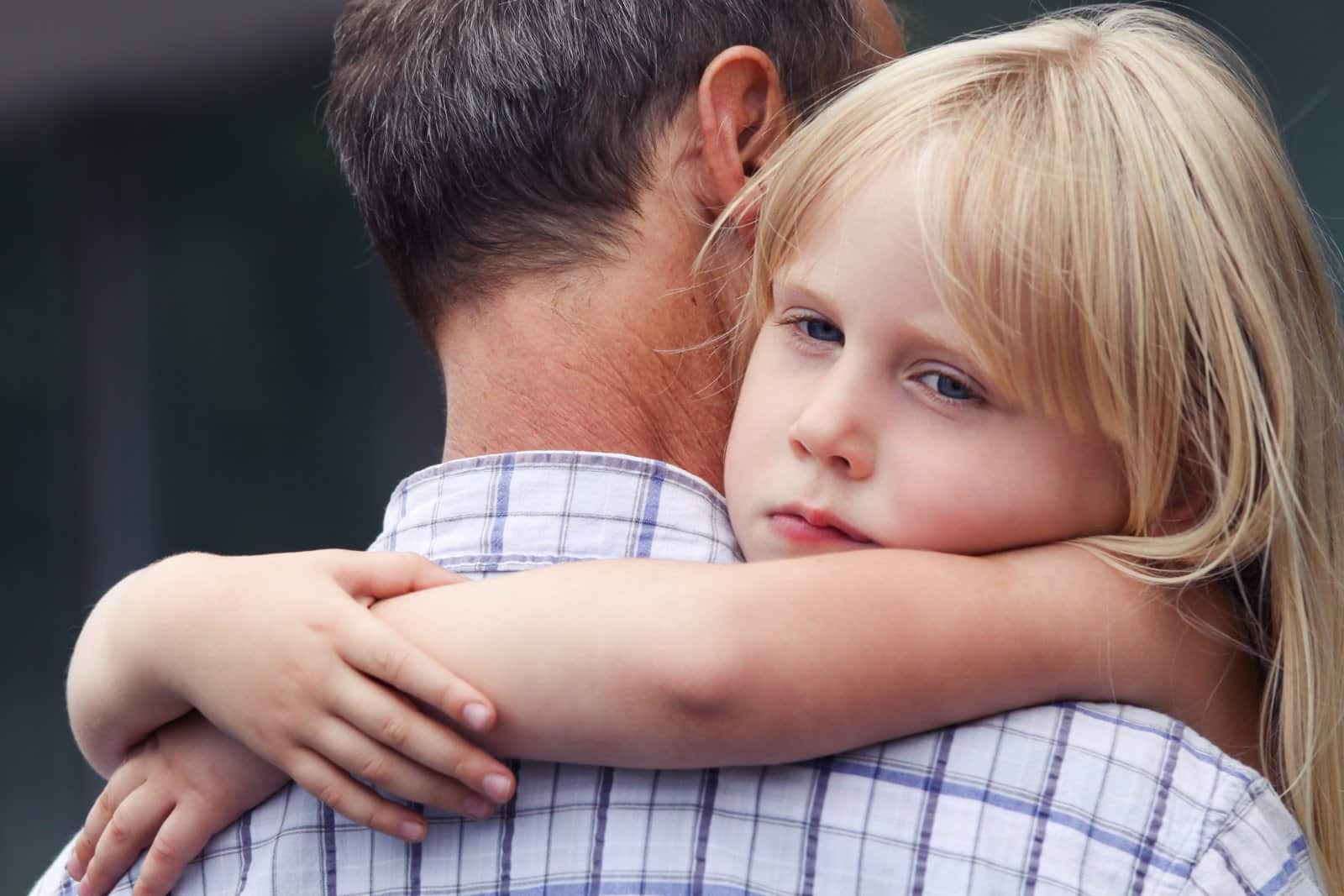Governor of Ohio Mike DeWine has announced that he’s going to be directly tackling the childcare crisis that’s gripping the state in his State of the State address, alongside a whole host of other child-focused policies.
DeWine’s Childcare Voucher Program

The news with the biggest potential impact for thousands of families across Ohio is that DeWine wants to start a childcare voucher program for families who would qualify based on income.
A Lifeline for Ohio Families

The voucher program would help families who earn up to twice the federal poverty level, which could benefit around 8,000 children.
Rising Childcare Costs

Childcare costs have increased 214% since 1990, according to data from the Bureau of Labor Statistics, compared to family income, which has only risen by 143%.
Data Insights

Policy Matters Ohio, a non-profit research institute, found that the average cost for one infant’s care in Ohio was $9,697 per year.
Addressing Childcare Deserts

They also found that nearly 40% of Ohio residents live in areas with limited childcare options, known as childcare deserts. These areas lack enough licensed childcare slots for the number of children under age 5 – an issue that DeWine’s new policies could potentially solve.
Unlocking Resources for Childcare Expansion

DeWine’s speech also focused on legislation that would free up millions of federal dollars to be spent on grants that would go toward expanding childcare services and facilities.
Legislative Efforts

Ohio Representatives introduced new legislation titled Ohio House Bill 484 to push for DeWine’s vision.
Key Features

This bill dedicates over $10 million to two programs supported by DeWine: the Public-Private Partnership Child Care Grants and an Employer-Based Design Learning Lab.
Enhancing Childcare Services

This bill would create a childcare fund managed by the Department of Children and Youth, JobsOhio, and the Development Department.
Creating Childcare Funds

It would offer grants of up to $750,000 to employers interested in starting or expanding childcare services.
Promoting Partnerships

The grants are intended to encourage partnerships between the public and private sectors, supporting the creation or improvement of childcare facilities. Employers can also use the funds to collaborate with government or non-profit organizations to provide nearby childcare options for their employees.
Addressing the Childcare Crisis

Another program established by HB 484 sets aside $250,000 annually for an “Employer-Based Child Care Co-Design Learning Lab.”
Learning Lab’s Objectives

This would involve people who had received childcare grants working together to train and assist future applicants for grants, as well as other organizations interested in expanding childcare services.
Interconnected Challenges

The learning lab would have to outline the best practices for childcare funding, gather data, assess outcomes, and prepare a report for state authorities, including the Department of Children and Youth, the governor, and lawmakers.
Economic Growth and Childcare

One of the bill’s sponsors, Andrea White, said in a statement, “It’s no secret that Ohio is experiencing a childcare crisis right now, which, in turn, creates enormous challenges for businesses seeking to attract workers and sustain economic growth. It’s an issue that impacts not only the workforce of today but the developing young workforce of tomorrow who need access to quality early learning.”
DeWine’s Priorities

DeWine also used his State of the State to talk about the importance of improving things like children’s reading skills, child care, education, and healthcare.
Smartphone Use in Schools

He rallied against smartphones in schools and announced that he would support a new law that would make it a rule for all schools to limit smartphone use in schools. DeWine thinks this will help students focus better and learn more in class.
Improving Vision Care

He also announced a “Children’s Vision Strike Force” to improve vision care and plans to boost healthcare for infants and school kids by introducing school-based clinics and nurse visits for new moms after childbirth.
Boosting Healthcare

Studies have proven that these measures can reduce infant mortality and improve overall health outcomes.
Quick-Response Mental Health Service for Kids

DeWine is also pushing for a quick-response service for kids dealing with mental health crises, with plans to offer this support in all 88 Ohio counties.
The post – Ohio’s Child Care Crisis: Governor DeWine Vows Relief for Families – first appeared on Wealthy Living.
Featured Image Credit: Shutterstock / Evgenia Parajanian.
The content of this article is for informational purposes only and does not constitute or replace professional financial advice.





